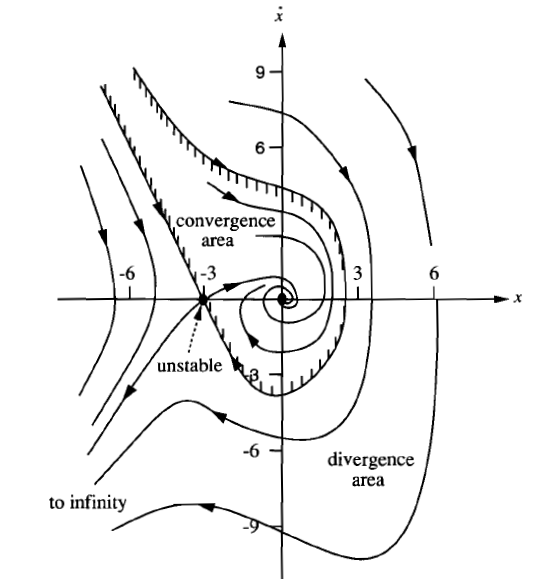SC301 - Linear and Nonlinear Systems

Instructor
Prof. Arpita Sinha
Semester
Autumn ‘20
Course Difficulty
The first part of the course is pretty easy and deals with laplace domain analysis and matrices. The second half of the course involves more rigorous mathematical analysis but is can be managed easily if the concepts are clear.
Time Commitment Required
1.5-2 hours per week
Grading Policy and Statistics
AA 2
AB 2
BB 7
BC 4
CC 2
CD 2
FR 2
Attendance Policy
There was no attendance policy however weekly quizzes would happen so that required attendance.
Pre-requisites
MA108 and MA106 would definitely come in handy. Any linear systems course will also be helpful. For tagging it as a minor, SC639 and SC202 and hard constraints.
Evaluation Scheme
Each week: 5% (includes 1 short assignment and 1 short quiz) totalling up to 45%
Midsem: 25%
Endsem: 30%
Topics Covered in the Course
Pre midsem (Linear Systems)
State-space representation of linear time-invariant systems
Response of a generalised state-space linear time-invariant systems
Stability, Asymptotic and Exponential stability:
Controllability and Observability of systems
Post midsem (Nonlinear Systems)
Nonlinear systems and stability
Lyapunov functions
Perturbations
Teaching Style
Ma’am would upload lecture slides beforehand and those lectures would have the topics that were covered that week. It would also have a list of 3-5 questions that would make up the weekly assignment. The lecture hours were used for doubts (Fridays) and tutorials (Wednesdays). Ma’am followed the prescribed books in terms of the content covered so it would be easy to know what was going on in class.
Tutorials/Assignments/Projects
The tutorials were basically discussions of the assignments given. The assignments were directly taken from the questions at the back of the chapters and were generally easy to solve and would not take time. However, calculations and simplifications were often time consuming.
Feedback on Exams
Quizzes
The quiz would be on Moodle every week. The questions, while easy to solve, could go wrong due to calculation mistakes (in say, matrix multiplications). This would often get aggravated due to the tight time constraint of 10 minutes.
Midsem
The midsem only covered linear control theory and had the same difficulty level compared to the quizzes and assignments.
Endsem
The endsem focussed on nonlinear control theory and once again, had the same difficulty level compared to the quizzes and assignments.
Motivation for taking this course
The course was a part of my minor requirements and also served as a basis for advanced courses in Syscon. It is one of the few basic courses that delves deeper into control theory and the associated concepts of stability.
Course Highlights
The course covered basic linear and nonlinear control theory and will definitely help in future courses that involve controller design. The course is easy to follow and can be done well if one does the assignments properly.
Course Importance
The course is one of the primary foundation of control theory and controller design and can be applied to a wide variety of problems including robotics, spacecraft control and autonomous vehicles. Most of the courses in syscon have SC301 as their soft pre-requisites.
How strongly would I recommend this course?
I would definitely recommend anyone who wants to explore control theory to take this course as it is the foundation of systems and control.
When to take this course?
The course can be taken in the 5th semester, right after SC639 and SC202 as it will be in the recommended order and concepts will be easier to understand.
Going Forward
Taking adaptive control theory or courses based on robust or optimal control would be a good step forward. Some courses in the chemical department like process control and model predictive control would also be easier to follow after SC301. In terms of research, lots of options open in Syscon is one has a basic understanding of linear and nonlinear control.
References Used
Chi-Tsong Chen - Linear System Theory Design-Oxford University Press, USA (1998)
Nonlinear Systems - Book by Hassan K Khalil
Other Remarks
None
Interesting relevant links
None
SC 301 Review By: Bhavini Jeloka